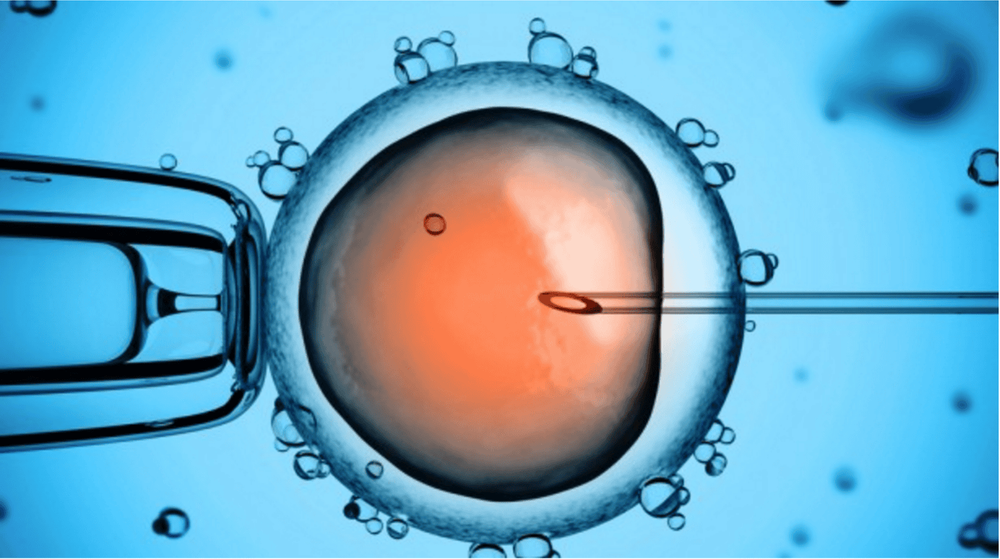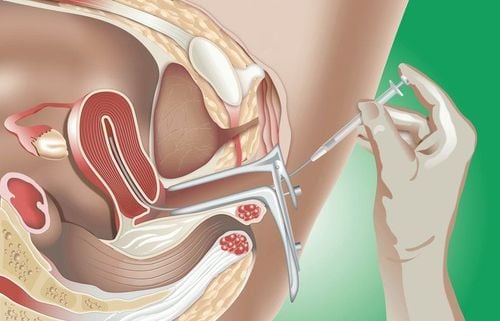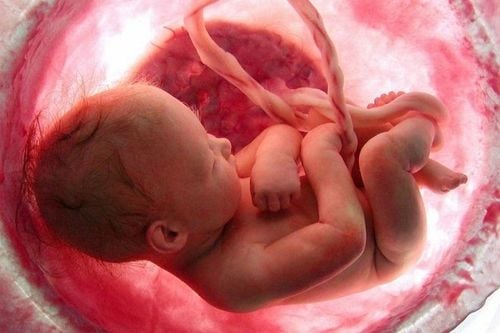This article was professionally advised by Master, Resident Doctor Nguyễn Thị Tâm Lý – Clinical Doctor – Assisted Reproductive Center – Vinmec Times City International General Hospital.
After a 5-day embryo transfer, there are signs indicating the success of the transfer that can help mothers know whether they are likely to be pregnant or not. However, to confirm the result, it is best to directly test the beta hCG levels at the hospital.
1. Experience with 5-Day Embryo Transfer
Before the embryo transfer, for mothers undergoing frozen embryo transfer, the preparation of the uterine lining typically begins from the 2nd or 3rd day of the menstrual cycle and usually lasts around 3 weeks, though this may vary depending on how the body responds to the medication. The uterine lining must meet certain standards for thickness, shape, and blood flow before it is ready for embryo transfer.
Trắc nghiệm: Bạn có hiểu đúng về dấu hiệu mang thai sớm?
Các dấu hiệu mang thai sớm không phải chỉ mỗi trễ kinh mà còn có rất nhiều dấu hiệu khác như xuất huyết âm đạo, ngực căng tức,… Điểm xem bạn biết được bao nhiêu dấu hiệu mang thai sớm thông qua bài trắc nghiệm này nhé!
Before the embryo transfer, for mothers undergoing frozen embryo transfer, the preparation of the uterine lining typically begins from the 2nd or 3rd day of the menstrual cycle and usually lasts around 3 weeks, though this may vary depending on how the body responds to the medication. The uterine lining must meet certain standards for thickness, shape, and blood flow before it is ready for embryo transfer.
What to do to increase the success rate after embryo transfer?
Follow the treatment regimen
One of the deciding factors for a successful embryo transfer is the preparation of the uterine lining to create a favorable environment for the embryo to implant. This requires supplementation with exogenous hormonal medications like estrogen and progesterone. These medications may be taken orally, injected, or inserted vaginally, depending on the doctor's instructions for each individual.
Nutrition
A proper nutrition plan is a crucial factor that significantly influences the success of the embryo transfer process. During this time, it is important to avoid foods that can cause constipation, diarrhea, or allergic reactions. Additionally, it is recommended to refrain from consuming foods that are high in fats, spicy, or contain caffeine, as well as avoiding smoking, alcohol, and other substances.

Exercise and Mental well-being
For the question of what to do after embryo transfer, doctors recommend that mothers avoid staying in bed all the time. Instead, they should plan for gentle and scientifically guided exercises to improve blood circulation, promote relaxation, and avoid stiffness. Maintaining a relaxed and positive mindset can enhance the success rate of the embryo transfer.
2. Signs of success after Day 5 embryo transfer

During the in-vitro fertilization (IVF) process, the post-embryo transfer period can be a time of emotional turbulence accompanied by physical changes such as fatigue, abdominal bloating, and breast tenderness. Information on the signs of success after a Day 5 embryo transfer can help women better understand their bodies and ensure the health of both mother and baby.
After a successful day 5 embryo transfer, women may experience the following signs:
- Spotting: You may notice a small amount of blood, which may appear dark brown or even black. This could be "implantation bleeding," a sign that the embryo is attaching to the uterine lining. However, if the bleeding is accompanied by abdominal pain, you should visit the hospital to rule out an ectopic pregnancy.
- Cramps: Many women describe cramps after an embryo transfer as similar to menstrual cramps.
- Breast tenderness: Your breasts may feel sore and tender to the touch, and your nipples may become quite sensitive.
- Nausea or morning sickness: This occurs due to the hormonal changes happening in the woman's body. Morning sickness is a common pregnancy symptom, although not all women experience it.
- Abdominal sensations: You may feel a heaviness, mild cramping, or a pinching sensation in the lower abdomen, with occasional sharp twinges.

However, many women do not exhibit this symptom and still become pregnant. Therefore, it is important to patiently listen to your body without becoming overly anxious until you can confirm pregnancy through a urine or blood test.
Mental well-being significantly influences the success of implantation, so it is crucial to stay optimistic while waiting until Day 14 post-transfer.
Whether it is a Day 2, Day 3, or Day 5 embryo transfer, women should continue taking prescribed hormonal medications, alongside proper rest, healthy eating, and a scientifically planned routine of activities to increase the success rate.
The Vinmec IVF Fertility Support Center, established in November 2014, is equipped with state-of-the-art facilities and staffed by a team of highly qualified experts, including professors and doctors...
To arrange an appointment, please call … or make your reservation directly HERE. You may also download the MyVinmec app to schedule appointments faster and manage your reservations more conveniently.













